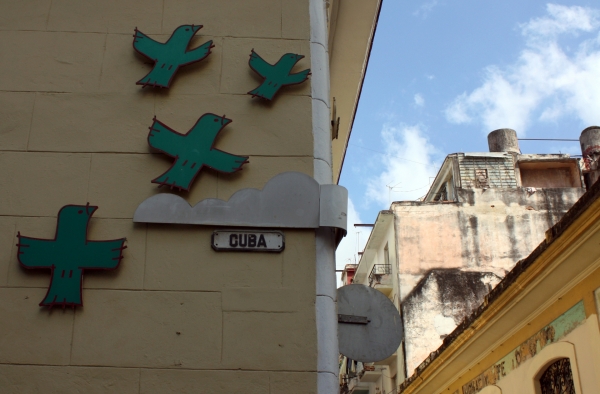
Zeynep Arda
When we consider the overall objective of the trans-making project − using art and design to further democratize society − as a designer, I felt that first we must define which problems can be tackled through the experiences of artists and designers. Hence my objective in this research was to work inductively, reasoning from particular experiences to general, in the field of intercultural communication, trying to understand the adaptation and communication processes of artists and designers that have migrated from their countries of origin. Having started in Izmir and Paris, my research expanded through the twenty in-depth interviews that I carried out in Havana, Cuba. Working with a sample of artists and designers that have left their countries of origin, temporarily or permanently, my objective was to learn from the experiences of this open-minded group, through the analysis of their adaptation in the cultures where they arrived as newcomers. In the past two decades, design has evolved from being undertaken in isolation by designers, and being at the cosmetic end of the decision-making processes, into being a more user-centered, empathic and participatory process. The advance of design thinking, as a proven, repeatable and creative problem-solving method, not only made it a popular tool for many non-designers, but it also caused designers to build confidence for tackling more complex and comprehensive problems in different realms. As designers stopped assuming the needs of the users/audiences and focused on investigating their actual experiences to meet their requirements, we started to have very powerful tools in design for social change. This research, that is still in progress, as part of the Trans-making project, aims to discuss these issues to explore how the immigrants adapt to the new cities where they settle, how they relate to their new environments and how they belong to a new place.
